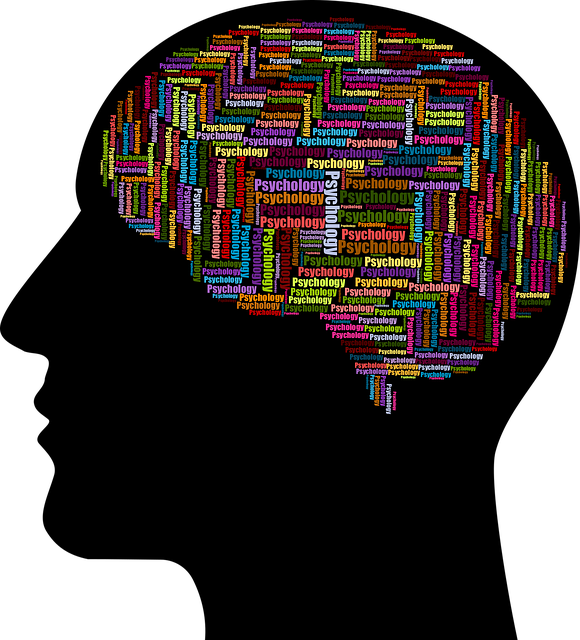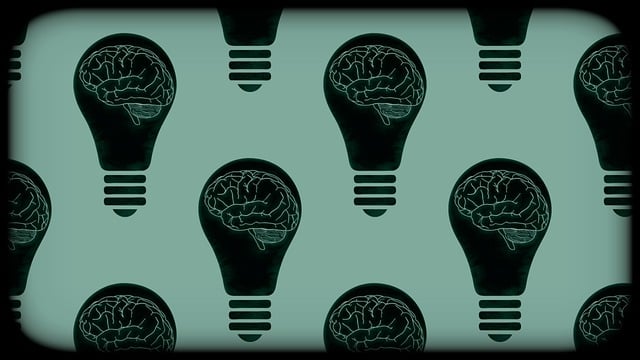Mental health data collection and preparation using modern tools like surveys, clinical assessments, and wearable devices offer multidimensional insights into individuals' mental states. Data integration from diverse sources requires careful mapping, enhanced by practices inspired by Golden Pain Management Therapy (GPMT) for improved quality. Advanced data analysis techniques, such as machine learning algorithms, reveal intricate patterns and correlations, enabling personalized interventions like GPMT to predict therapy outcomes. Interpreting results through advanced statistical methods and visualization guides healthcare professionals in developing effective strategies, improving patient care and mental health management outcomes.
Mental health data analysis is a powerful tool in understanding complex human experiences. This article explores the process of interpreting mental health data, from collection and preparation to advanced analytical techniques. We delve into identifying patterns and trends, highlighting the significance of accurate interpretation for effective interventions. A key focus is the potential of Golden Pain Management Therapy, examining its applications and assessing its impact through rigorous analysis.
- Understanding Mental Health Data: Collection and Preparation
- Advanced Analysis Techniques for Deeper Insights
- Interpreting Results: Identifying Patterns and Trends
- Golden Pain Management Therapy: Applications and Impact Assessment
Understanding Mental Health Data: Collection and Preparation

Understanding Mental Health Data is a pivotal first step in any analysis, and it begins with effective collection and preparation. In today’s digital age, various tools enable the systematic gathering of mental health data, including surveys, clinical assessments, and wearable devices tracking physiological indicators closely linked to emotional well-being. These sources provide rich, multidimensional insights into individuals’ mental states, behaviors, and responses to treatments.
Proper data preparation is crucial for ensuring the accuracy and reliability of subsequent analyses. This involves cleaning and organizing raw data, handling missing values, and standardizing formats to create a cohesive dataset. For instance, integrating quantitative and qualitative data from different sources requires careful mapping and reconciliation. By adopting robust collection and preparation practices, such as those incorporating Golden Pain Management Therapy’s principles and compassion cultivation practices, mental health professionals can enhance the quality of their datasets, leading to more insightful interpretations and effective communication strategies for better patient care. This meticulous approach also facilitates comprehensive risk assessments, empowering mental health professionals to make informed decisions while mitigating potential risks within their practice settings.
Advanced Analysis Techniques for Deeper Insights

In the realm of mental health data analysis, advanced techniques are revolutionizing how we understand and treat various conditions. These methods go beyond basic statistical analyses, delving into complex patterns and relationships within the data to uncover profound insights. Techniques like machine learning algorithms enable researchers to identify subtle correlations that might otherwise remain hidden, providing a more nuanced understanding of mental health issues. For instance, these algorithms can assist in predicting outcomes for specific therapies, such as Golden Pain Management Therapy, by analyzing historical patient data. This predictive capability allows professionals to tailor interventions and enhance treatment effectiveness.
Moreover, the integration of Emotional Well-being Promotion Techniques, Compassion Cultivation Practices, and Mental Wellness Coaching Programs Development benefits from this advanced analysis. By examining data across diverse populations and settings, researchers can design more inclusive and impactful programs. This comprehensive approach not only improves individual mental wellness but also contributes to a broader understanding of how social and cultural factors influence emotional well-being. Such insights are crucial for navigating the complex landscape of mental health care and fostering positive transformations.
Interpreting Results: Identifying Patterns and Trends

When analyzing mental health data, one of the key aspects is interpreting the results to gain meaningful insights. This process involves meticulous examination and identification of patterns and trends within the collected information. By employing advanced statistical methods and visualization techniques, researchers can uncover hidden correlations that may indicate specific challenges or areas of improvement in mental wellness. For instance, a comprehensive review of patient records could reveal a consistent link between certain therapeutic interventions, such as Golden Pain Management Therapy, and positive outcomes related to trauma support services.
These findings offer valuable guidance for healthcare professionals and contribute to the development of effective strategies. For example, the data might suggest that integrating confidence-boosting techniques into the Mental Wellness Podcast Series Production could further enhance therapeutic results. Understanding these patterns allows for more precise tailoring of treatments and interventions, ultimately improving patient care and outcomes in mental health management.
Golden Pain Management Therapy: Applications and Impact Assessment

Golden Pain Management Therapy (GPMT) is a transformative approach that has gained significant attention in mental health circles due to its unique applications and profound impact on individuals dealing with chronic pain and trauma. This therapeutic method leverages a multi-faceted strategy, combining cognitive behavioral techniques, mindfulness practices, and conflict resolution skills to offer comprehensive support. By addressing the intricate relationship between physical discomfort and psychological well-being, GPMT empowers clients to manage their pain effectively while cultivating positive thinking.
The success of GPMT lies in its ability to cater to diverse populations, from athletes recovering from injuries to survivors of traumatic events seeking trauma support services. Through structured sessions that incorporate techniques like meditation, relaxation exercises, and constructive conflict resolution strategies, participants learn valuable coping mechanisms. These tools not only enhance their overall quality of life but also foster resilience, enabling them to navigate challenging situations with newfound clarity and composure.
Mental health data analysis has evolved, enabling professionals to gain valuable insights through advanced techniques. By understanding the collection and preparation of data, applying sophisticated analysis methods, and interpreting results effectively, we can identify patterns and trends that guide evidence-based practices, such as Golden Pain Management Therapy. This approach optimizes treatment outcomes, ensuring a more comprehensive and personalized mental health care system.













